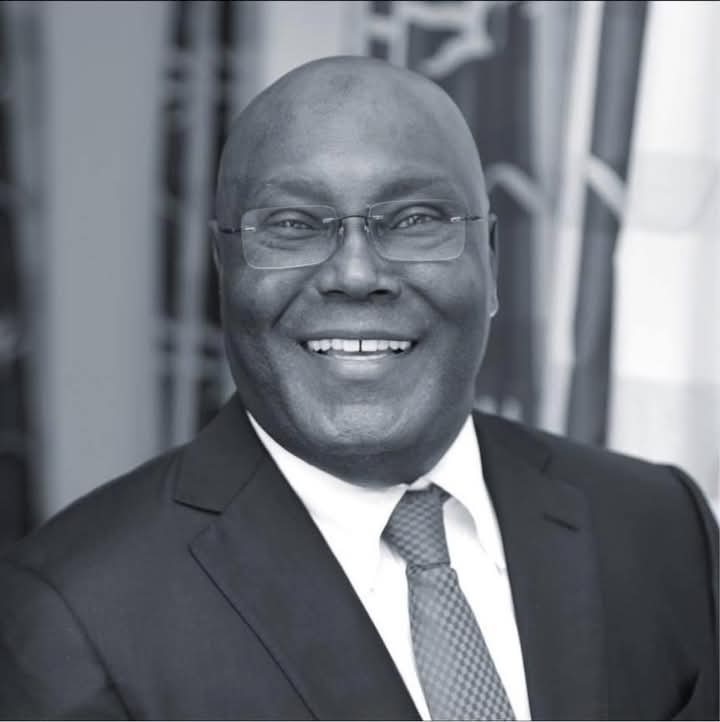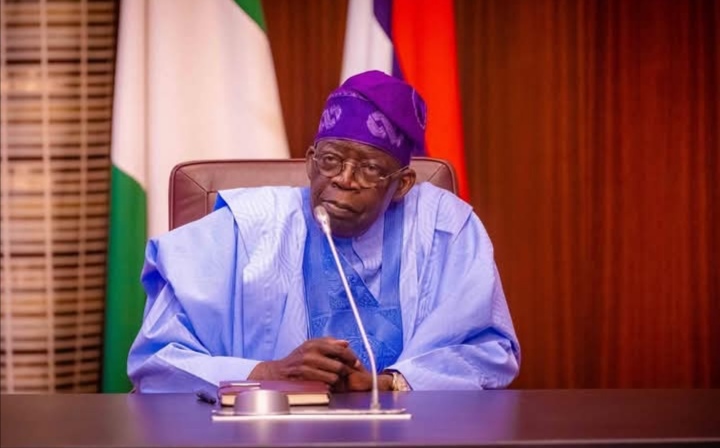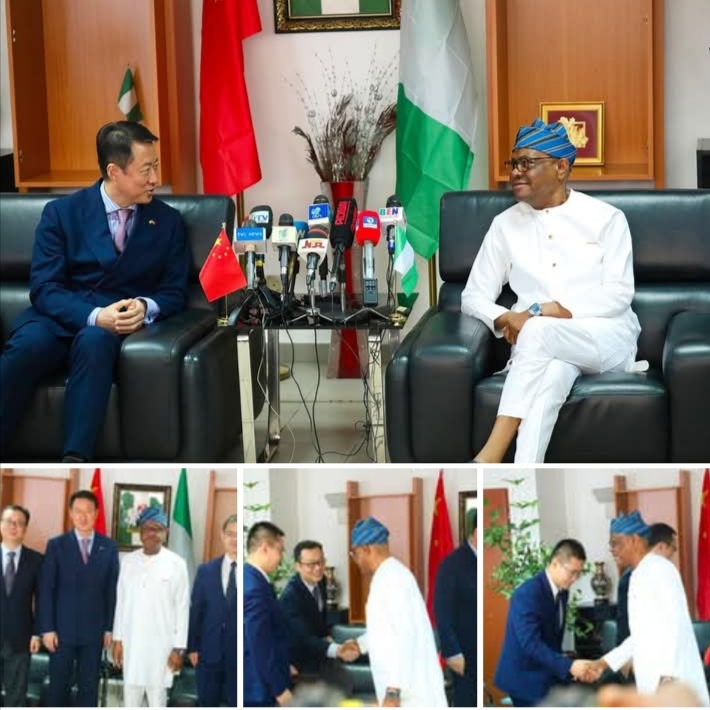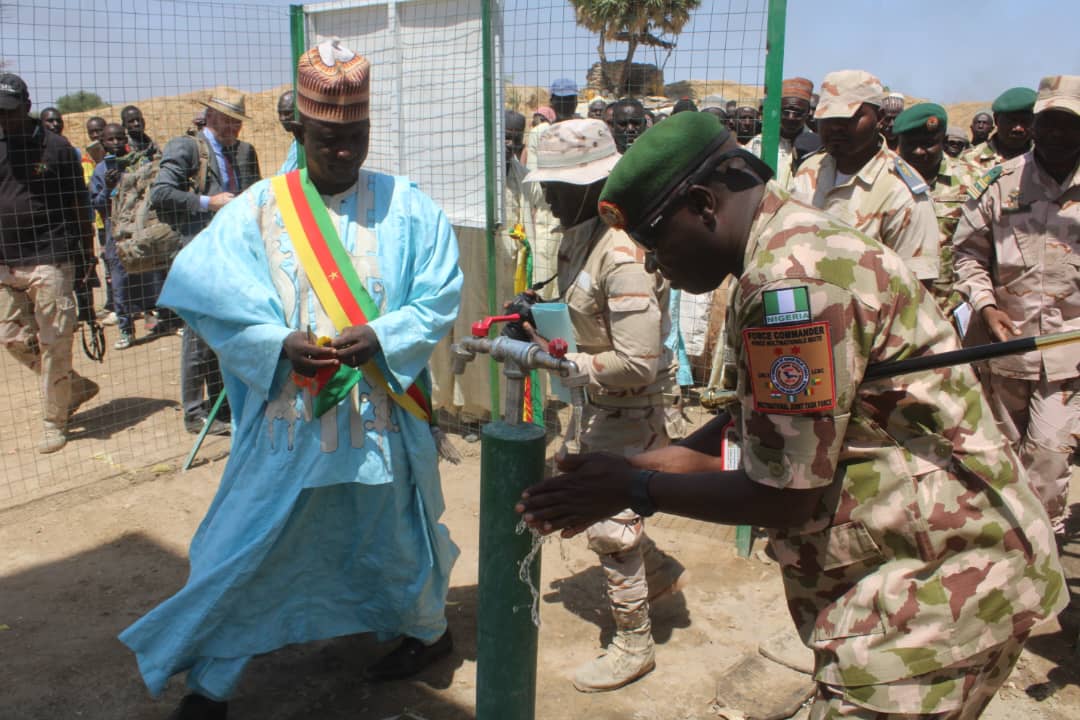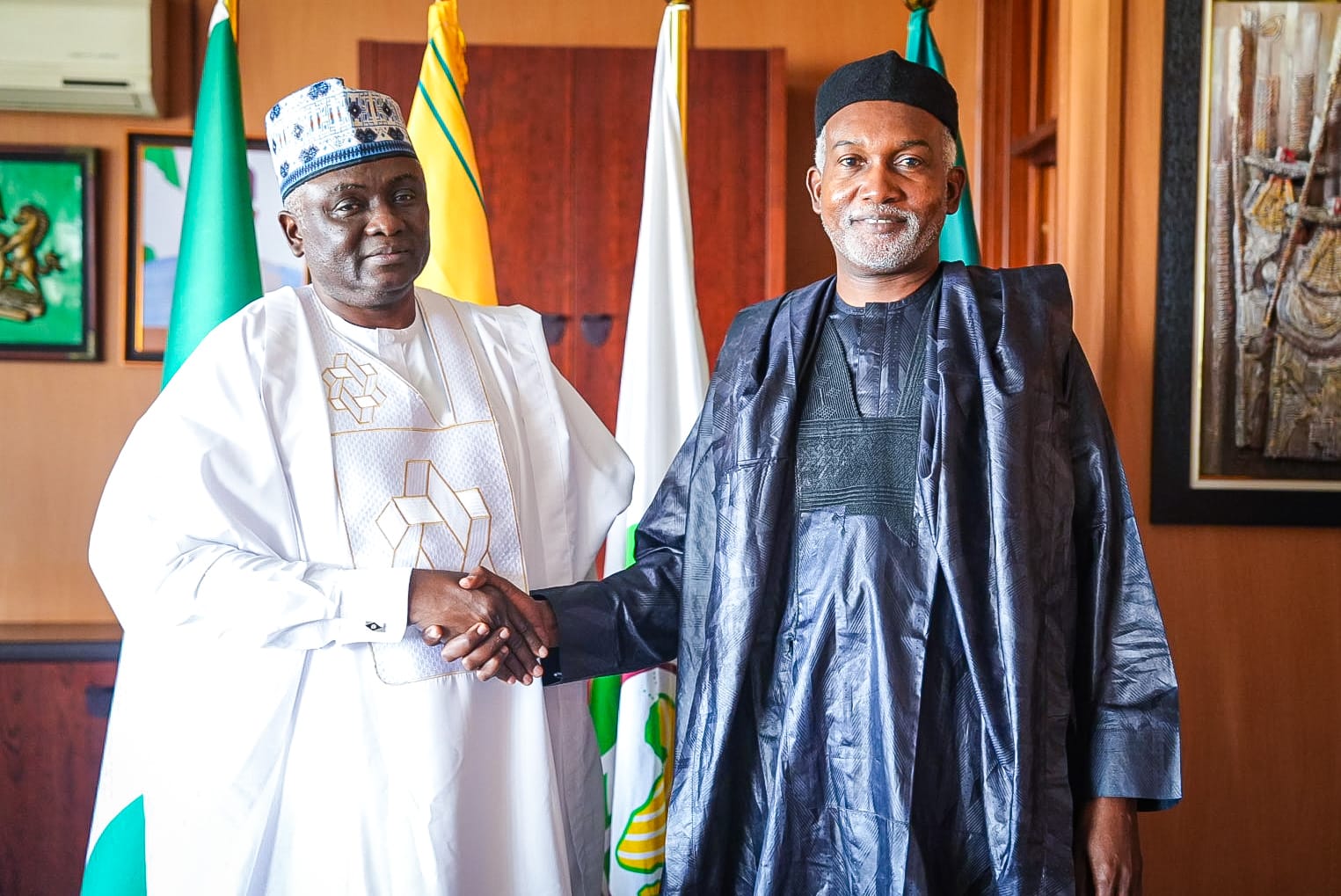A Call For The Government To Invest In The Textiles And Garment Sector.
By Helen Udoh, Outlook Media ABUJA.
The textile and garment has contributed significantly to Africa’s economy, the African textile and garment sector comprises several actors, which includes farmers smallholder, medium-large commercial, and government-owned growers of cotton fibres processors of raw materials into textiles which includes ginning, spinning, weaving, knitting, dyeing, and finishing and specific textile product manufacturers has contributed to the continents economic development activities providing innovation, entrepreneurship, low-skilled employment, and livelihood benefits in many counties
Speaking on the 2024 edition of Fashion Dialogue in Abuja the minister of industry trade and investment, Dr Doris Uzoka-Anike said the industry is an extraction which forms the cornerstone of our national economy, undergoes reforms and ends at enhancing efficiency productivity and profitability
Dr Doris said, it is very important to seize the opportunity and to foster a more inclusive and resilient economy to carter for the needs of all Nigerians ensuring shared prosperity for generations to come
“The Nigeria fashion industry can thrive, driving jobs creation and economic development and sustainable growth for years to come, achieving all these it is required collaboration across sectors and disciplines”
Dr. Emeka who was at the Edition of the 2024 Fashion Dialogue in Abuja stated that the challenges of non-certified chemicals due to a lack of access or expertise to secure the appropriate chemicals.
He said, “it is in his view that the government through the Federal Ministry of Trade and Investment must evolve sector specific and target-based policies primarily focused on growing the sector”.
Additionally, Dr Emeka said, “the policy in view must be predicated on a development of an ambitious growth and transformation plan that would have a primary target of minimum exports of USD 1 billion and the creation of a minimum number of 350,000 jobs across the textile eco-system by the year 2030.
Fashion Dialogue is looking at three ways of transformation of the textile and garment sector and it will be achieved through enabling the environment pathway, the techno-economic demonstration pathway, and the monitoring, knowledge curation and dissemination, replication, and scaling pathway.
The three pathways are sufficient to achieve the intended outcomes providing these assumptions are also met through linked projects and activities.
Dr Emake advised there should be collaboration between the Federal Ministry of Trade and Investment and the Makulu Fashion Brand in order to advance in the textile, garment and the footwear sectors in Africa, while applying all model
He said, Nigeria will promote environmental standards and facilitate new textile production pathways with regards to technologies, finance, and business models, it will equally ensure that Nigeria secures an appreciable percentage market share of the lucrative continental and global garment industry and its socioeconomic benefits.




